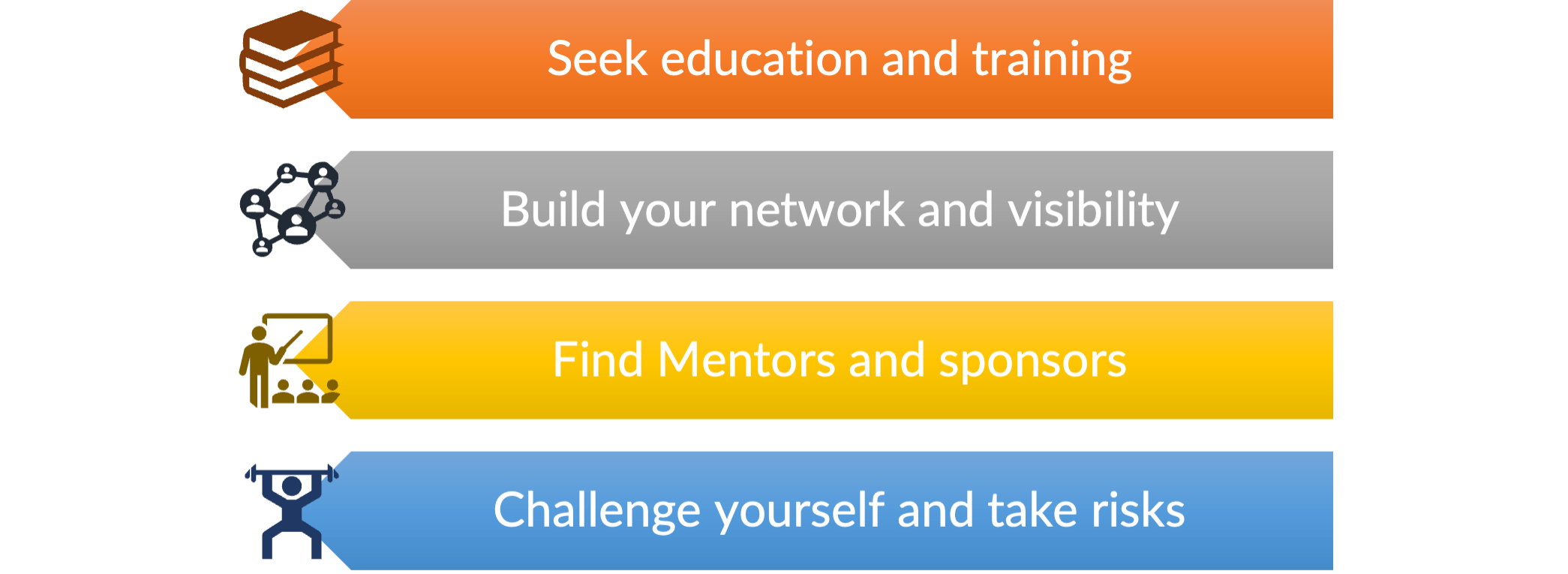Are you a woman who is interested in pursuing a career as a business analyst? If so, you are not alone. Business analysts are professionals who help organizations solve problems, improve processes, and achieve goals. They use data, research, and communication skills to provide insights and recommendations for decision-making.
Business analysis is a rewarding and challenging field that offers many opportunities for growth and development. However, it is also a field that faces some gender disparities and barriers that can limit the potential of women. In this blog post, we will explore some of the facts and statistics about women in business analysis, as well as some of the benefits and challenges of being a female business analyst. We will also share some tips and resources to help you succeed as a woman in this field.
The benefits of being a woman in business analysis
Despite the challenges and barriers that women may face in business analysis, there are also many benefits and advantages of being a female business analyst. Some of these include:

Diversity of perspectives: Women bring different experiences, insights, and viewpoints to the table, which can enrich the quality and creativity of solutions and strategies. Diversity of perspectives can also foster innovation, collaboration, and customer satisfaction.
Empathy and communication skills: Women tend to have strong empathy and communication skills, which are essential for business analysis. Empathy allows business analysts to understand the needs, preferences, and pain points of stakeholders and users. Communication skills enable business analysts to convey complex information clearly and persuasively, as well as to build rapport and trust with clients and colleagues.
Opportunities for growth and development: Business analysis is a dynamic and evolving field that requires continuous learning and adaptation. Women who pursue this career can enjoy many opportunities for growth and development, both personally and professionally. They can also leverage their skills and knowledge to advance to higher-level positions or transition to other roles within or outside the organization.
The challenges of being a woman in business analysis
While there are many benefits of being a woman in business analysis, there are also some challenges and obstacles that women may encounter along the way. Some of these include:

Gender stereotypes and biases: Women may face gender stereotypes and biases that affect their credibility, confidence, and opportunities in business analysis. For example, some people may assume that women are less competent or qualified than men in technical or analytical fields, or that they are more emotional or indecisive than men in decision-making situations. These stereotypes and biases can create barriers for women to enter, advance, or thrive in business analysis.
Lack of representation and role models: Women may lack representation and role models in senior or leadership positions in business analysis. This can make it harder for them to find mentors, sponsors, or allies who can support their career development and aspirations. It can also make it harder for them to envision themselves succeeding or leading in this field.
Work-life balance issues: Women may face work-life balance issues that affect their performance, satisfaction, and well-being in business analysis. For example, women may have more responsibilities or expectations at home or in their personal lives than men, such as childcare or eldercare. This can create stress or conflict between their professional and personal roles. Women may also have less access to flexible work arrangements or supportive policies that can help them balance their work-life demands.
How to succeed as a woman in business analysis
If you are a woman who wants to pursue or advance in business analysis, here are some tips and resources to help you succeed:

Seek education and training: To become a successful business analyst, you need to have a solid foundation of knowledge and skills in business, technology, and analysis. You can seek education and training through formal or informal channels, such as degrees, certifications, courses, workshops, webinars, books, podcasts, blogs, or online communities. You can also learn from your peers, managers, or mentors by asking questions, seeking feedback, or observing best practices.
Build your network and visibility: To grow your career in business analysis, you need to build your network and visibility within and outside your organization. You can do this by attending events, joining associations, participating in forums, volunteering for projects, or contributing to publications related to business analysis. You can also showcase your achievements, expertise, and value by creating a portfolio, updating your resume or LinkedIn profile, or sharing your insights or opinions on social media or other platforms.
Find mentors and sponsors: To accelerate your career in business analysis, you need to find mentors and sponsors who can guide, advise, and advocate for you. Mentors are people who can offer you wisdom, feedback, and support based on their experience and knowledge. Sponsors are people who can endorse you for opportunities, promotions, or recognition based on their influence and reputation. You can find mentors and sponsors by reaching out to people you admire or respect in your field, joining mentoring programs or initiatives, or asking for referrals or introductions from your network.
Challenge yourself and take risks: To advance your career in business analysis, you need to challenge yourself and take risks that can help you grow and learn. You can do this by seeking new or stretch assignments, taking on more responsibilities or leadership roles, exploring different domains or industries, or applying for higher-level positions or projects. You can also overcome your fears or doubts by setting goals, preparing well, asking for help, or celebrating your successes.
Business analysis is a field that offers many opportunities and benefits for women who are interested in solving problems, improving processes, and achieving goals. However, it is also a field that faces some gender disparities and barriers that can limit the potential of women. By being aware of the facts and statistics about women in business analysis, as well as the benefits and challenges of being a female business analyst, you can better prepare yourself for success in this field. You can also use the tips and resources we shared to help you pursue or advance your career as a woman in business analysis.
Are you ready to break down the barriers and empower yourself as a woman in business analysis? If so, Primed Talent’s Business Analysis course is designed to help you learn the essential skills and tools of business analysis in a practical and interactive way. You will also get access to expert instructors, supportive peers, and valuable feedback that can help you achieve your career goals.
Don’t miss this opportunity to join our community of women who are making a difference in business analysis. Register today and get started on your journey to becoming a successful business analyst!







